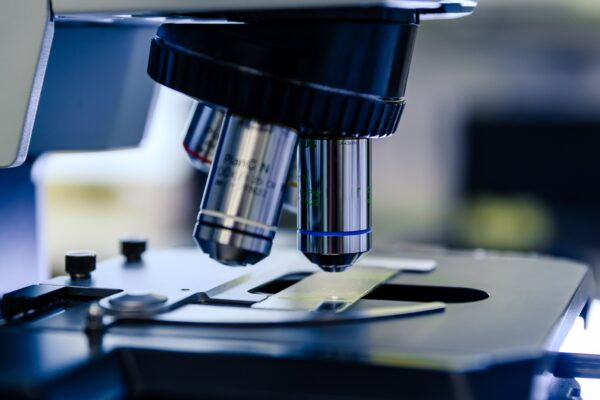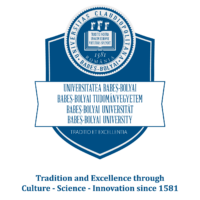
20 October 2025
A research article featured recently on the cover of Nature Chemistry, a leading publication in the field, has marked a significant moment for the Romanian science with the involvement of researcher Paul Nicu, a member of the Babeș-Bolyai University community, in an international team led by Nobel Prize winner Ben L. Feringa.
The study succeeded, in a world-first, to replicate in a controlled laboratory setting the structural dynamics of DNA and proteins – a unique combination of conformational adaptability and configurational recyclability.
The polymers produced by the research team act like natural biomolecules: made of single disulphide-based units, they can switch back and forth between disordered and ordered helical structures, and back to the original monomers. This comprehensive self-organising and recycling potential opens up a tangible path for designing sustainable materials for the future, pioneering new ground in research into adaptive materials and redefining the concept of smart synthetic material.
A significant input came from Romania, with the theoretical modelling of experimental polymer systems, allowing the underlying mechanisms of these vital processes to be identified and validated.
Dr. Paul Nicu is a researcher at the Provitam Foundation and an associate researcher at Babeș-Bolyai University in the Research Centre on Fundamental and Applied Heterochemistry (METALOMICA) at the Faculty of Chemistry and Chemical Engineering. With expertise in computational chemistry and in the quantum modelling of spectral properties, Dr. Paul Nicu has been contributing significantly to the training of master’s and doctoral students at UBB, and is actively involved in various events, such as the annual lecture and workshop session Molecular Modelling in Chemistry and Biochemistry, and the International School – Quantum Chemistry of Excited States (QCES) summer school for doctoral students and postdoctoral researchers.
Full article is available here: https://doi.org/10.1038/s41557-025-01947-0 (Zhang, Q., Nicu, V.P., Buma, W.J. et al. Dual dynamic helical poly(disulfide)s with conformational adaptivity and configurational recyclability. Nat. Chem. 17, 1462–1468 / 2025).

Tradition and Excellence with Culture-Science-Innovation since 1581
Babeș-Bolyai University of Cluj-Napoca (UBB) is the university with the most complex academic profile in the country (by its number of programmes and multicultural profile featuring three official academic languages: Romanian, Hungarian, and German), and with the oldest academic tradition in Romania (established 444 years ago – 1581), accounting for the largest academic community in the country (with a staff of more than 55,000 people, from 15 cities and 12 counties). Since its foundation, UBB has counted among the top universities in Romania, and for the past seven years it has been ranked first in the country in the University Metaranking, which indexes all major international university rankings. For several years now, UBB has consistently ranked among the top 5% of the world’s universities (out of approximately 30,000), with an advanced academic infrastructure (e.g. RDI units integrated into European networks, up-to-date teaching laboratories integrating virtual/augmented/mixed reality through the UBB-EON-XR Centre, etc.). Recently (2021), following the international QS STAR audit, UBB was officially ranked as the first world-class university (QS*****) in Romania, and in 2020 UBB was included in the GUILD, the organisation of the most prestigious European world-class/research-intensive universities, it was awarded the European HR Award for Excellence, and as of 2021/2022 it is a member of the EUTOPIA alliance of European universities.

